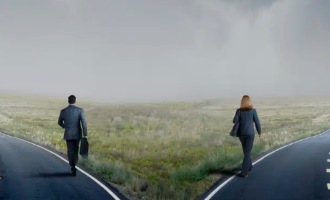He said that there were no homosexuals in Iran — not one — and that the Nazi slaughter of six million Jews should not be treated as fact, but theory, and therefore open to debate and more research.
Mahmoud Ahmadinejad, the president of Iran, aired those and other bewildering thoughts in a two-hour verbal contest at Columbia University yesterday, providing some ammunition to people who said there was no point in inviting him to speak. Yet his appearance also offered evidence of why he is widely admired in the developing world for his defiance toward Western, especially American, power.
In repeated clashes with his hosts, Mr. Ahmadinejad accused the United States of supporting terrorist groups, and characterized as hypocritical American and European efforts to rein in Iran’s nuclear ambitions.
“If you have created the fifth generation of atomic bombs and are testing them already, who are you to question other people who just want nuclear power,” Mr. Ahmadinejad said, adding, pointedly: “I think the politicians who are after atomic bombs, politically, they’re backwards. Retarded.”
His speech at Columbia, in advance of his planned speech today at the United Nations, produced a day of intense protests and counterprotests around the campus. It was a performance at once both defiant — he said Iran could not recognize Israel “because it is based on ethnic discrimination, occupation and usurpation and it consistently threatens its neighbors” — and conciliatory — he said he wanted to visit ground zero to “show my respect” for what he called “a tragic event.”





